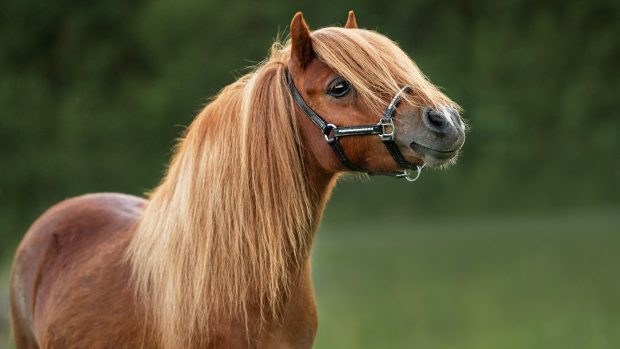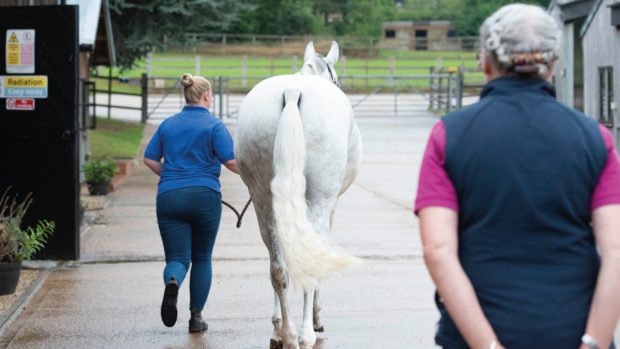If you are involved with horses, you need to give serious thought as to whether you have adequate insurance cover.
After all, who should pay if your experienced friend schools your wilful young horse and gets injured? Or, if you generously allow a friend to use a paddock and her horse escapes on to the road and causes an accident, are you covered?
A spokesperson for Petplan Equine says: “The area we find people are most likely to be under or uninsured for is third party liability. It is so important that people are adequately protected.”
Jeremy Lawton of Shearwater Insurance says that although claims are rare, payments for personal injury can now amount to hundreds of thousands of pounds and the size of these claims is still rising.
And even if the claim is unsuccessful, the costs of defending it may runs into tens of thousands of pounds and this may not be recoverd from the person suing.
It is sound advice for everyone involved with horses to consider which claims they might need cover for, before it’s too late.
If something happens to your horse
You can insure your horse against mortality eg: should he die or need to be destroyed through sickness or injury. You’ll only receive compensation if the horse is destroyed on a vet’s advice and humane grounds. If the horse can be retired, even if he cannot be ridden, you will not be covered.
Cover for loss of use varies according to what activity or discipline the horse is doing. Loss of use must be permanent. If, for example, a dressage horse has a veterinary problem that prevents him from progressing further, but leaves him able to compete at novice level, then you are not covered.
The cost of veterinary fees cover varies, depending on the upper limit of the indemnity and the excess. Not all policies include cover for alternative therapies or hospitalisation.
If you get injured
Cover for personal accident can be provided as a relatively cheap add-on to your equine policy and is commonly restricted to death, loss of an eye or limb or permanent incapacity. The cover is cheap because it is rarely claimed on.
If you need to protect your income, an income protection policy may be appropriate, in which case your insurer should be aware that you need cover for riding. You may find that riskier horse sports, such as point-to-pointing, are excluded. This cover is not cheap.
If someone is inured by you or your horse
Third party liability is the cover that no horse owner should be without. If your horse escapes from a well-fenced field and causes an accident; if the horse kicks and injures a cyclist; if he injures your friend who is catching him in from the field — in all cases you may be liable.
Barry Fehler of South Essex Insurance Brokers explains: “With owners now liable, whether or not they have been negligent, every owner needs insurance — even for an old companion horse which doesn’t get ridden.”
And finally . . .
Always remember to read the small print and update your insurance when your circumstances change. Good insurance cover is vital so you can enjoy your horse safe in the knowledge that, if something does go wrong, your insurers will pick up the pieces.
Looking for horse insurance? Try Horse & Hound’s insurance comparison service at horseandhound.co.uk/insurance
|
||
 |
||


 Get up to 19 issues FREE
Get up to 19 issues FREE TO SUBSCRIBE
TO SUBSCRIBE 



